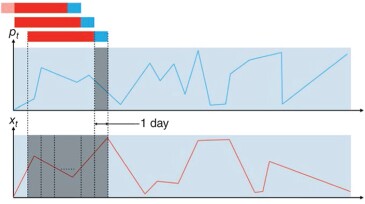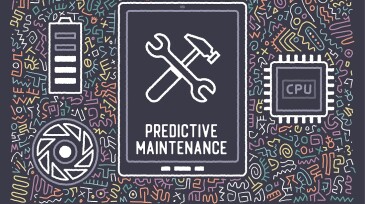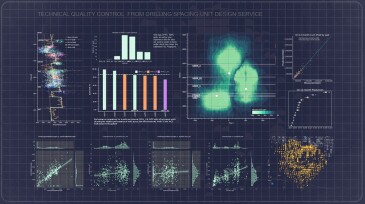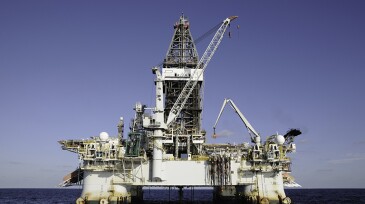AI/machine learning
This paper introduces an agentic artificial-intelligence framework designed for offshore production surveillance and intervention.
In the past year, publications on CO2, natural gas, and hydrogen storage have increasingly focused on the design, evaluation, and optimization of storage plans. These efforts encompass a broad spectrum of challenges and innovations, including the expansion of storage reservoirs from depleted gas fields and saline aquifers to stratified carbonate formations and heavy-o…
Reaching further than dashboards and data lakes, the agentic oil field envisions artificial intelligence systems that reason, act, and optimize.
-
Founded by former analytics experts for a large US independent, Xecta Digital Labs is proposing a new analysis method for horizontal wells. Adopting it means turning the page on some old habits.
-
The authors of this paper develop a model that can predict well-risk level and provide a method to convert associated failure risk of each element in the well envelope into a tangible value.
-
This paper presents agile technologies that integrate data management, data-quality assessment, and predictive machine learning to maximize asset value using underused legacy core data.
-
The authors of this paper propose a novel approach to data-driven modeling for transient production of oil wells.
-
Peter Bernard, CEO of Datagration, discusses how oil and gas industry predictive maintenance doesn’t just provide an economic value, it also boosts safety by anticipating unpredicted failures among aging infrastructure.
-
Geolog and Petro.ai announced a strategic partnership to deliver data science products and services to the global energy industry.
-
With so much volatility in the sector, acutely felt by many western consumers, how are intelligent work flows enabling the shift toward alternatives?
-
Incorporating domain knowledge into your architecture and your model can make it a lot easier to explain the results, both to yourself and to an outside viewer. Every bit of domain knowledge can serve as a stepping stone through the black box of a machine learning model.
-
In this work, novel physics-based models and machine-learning models are presented and compared for estimating permanent-downhole-gauge measurements.
-
The AIoT has the potential to transform industries and society, and it is already starting to have an impact. This article will explore the principles of AIoT, its benefits, and its current use.













